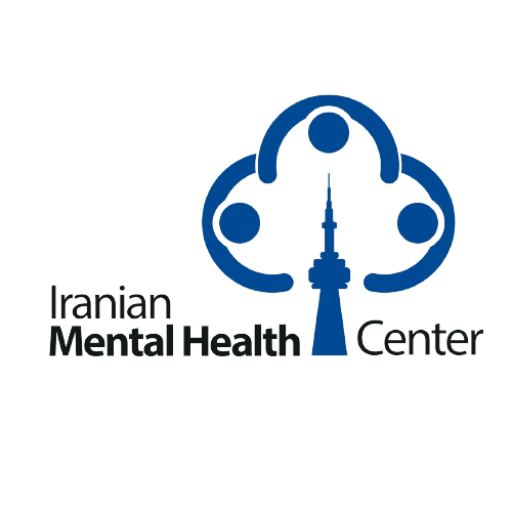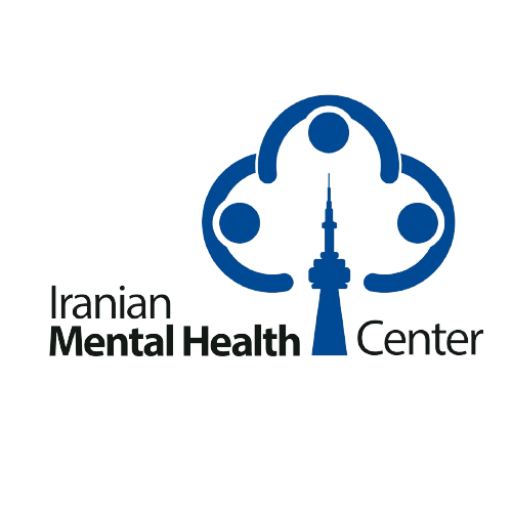What is Psychotherapy?
According to the American Psychiatric Association, “Psychotherapy is a type of treatment that can help individuals experiencing a wide array of mental health conditions and emotional challenges. Psychotherapy can help not only alleviate symptoms, but also, certain types of psychotherapies can help identify the psychological root causes of one’s condition so a person can function better and have enhanced emotional well-being and healing” (https://www.psychiatry.org/patients-families/psychotherapy).
Goals of psychotherapy include lowering stress through talking about and expressing feelings, changing attitudes and behaviors that are not good for the individual and/or others, and improving one’s coping methods. Psychotherapy aims to increase a person’s wellbeing and function. For psychotherapy to be successful, it’s important that a person feels comfortable with and supported by their therapist.
Who Can Benefit from Psychotherapy?
Conditions that can be helped by psychotherapy include all mental health conditions, coping with stressful life events such as immigration, relationship conflicts, the impact of trauma, medical illness, and grief, as well as anything else that creates problems for a person’s wellbeing. Psychotherapy can be used in combination with medication or other therapies.
When a person has identified one or more difficulties in their life, they might look for a psychotherapist to help them with the issues. These difficulties can include, but are not limited to, emotional, relationship, family, work and education challenges. For example, psychotherapy can be beneficial for people who experience high levels of stress, those who are having difficulty adjusting to a change in their lives, such as living in a new country, or those who have mental health issues, for example anxiety or depression.
Why is Psychotherapy Beneficial for Immigrants?
Immigration is one of the most stressful life events. It follows that, immigrants should have supportive psychotherapy for their ongoing issues and concerns, such as emotional regulation, coping skills, and techniques to counteract losing self-esteem, feelings of homesickness and depression, and finally, to set goals and plan for their futures. They may have faced challenges in their homelands and may currently be facing challenges in their country of immigration. They might also be dealing with relationships, family, work, school, or health stress, as well as mental health difficulties, such as depression, anxiety, or insomnia. For the above reasons, psychotherapy can be very beneficial for immigrants because it can help them learn new skills and methods to deal with past and current challenges.
What We Offer at the IMHC
We are a group of mental health professionals educated and licensed in Canada and the United States with over 10 years of experience working together at the Iranian Mental Health Centre. We offer therapy sessions to help people with challenges they are experiencing, such as cultural differences in their new country of residence, goal setting, and managing their mental health. We offer highly confidential therapy sessions in-person and online for individuals, couples, families, and groups.
Types of Psychotherapy
Depending on each client’s condition, we use a customized therapeutic approach based on that person’s needs. We can use different intervention methods, on their own or in combination, such as cognitive behavioral therapy (CBT), dialectic behavioral therapy (DBT), trauma focused cognitive behavioral therapy (TF-CBT), acceptance and commitment therapy (ACT), psychodynamic psychoanalysis and grief therapy.
Finding and Choosing a Psychotherapist
When choosing a psychotherapist to work with, it’s important to find someone with the same language and culture as yours. Before you commit to having psychotherapy with a therapist, try to verify that they have been trained as a clinician and that they are licensed with the regulating body in the province or state where they provide their services.

Immigration

Marriage

Personality

Sleep disorders

Psycho-sexual problems

Addiction

